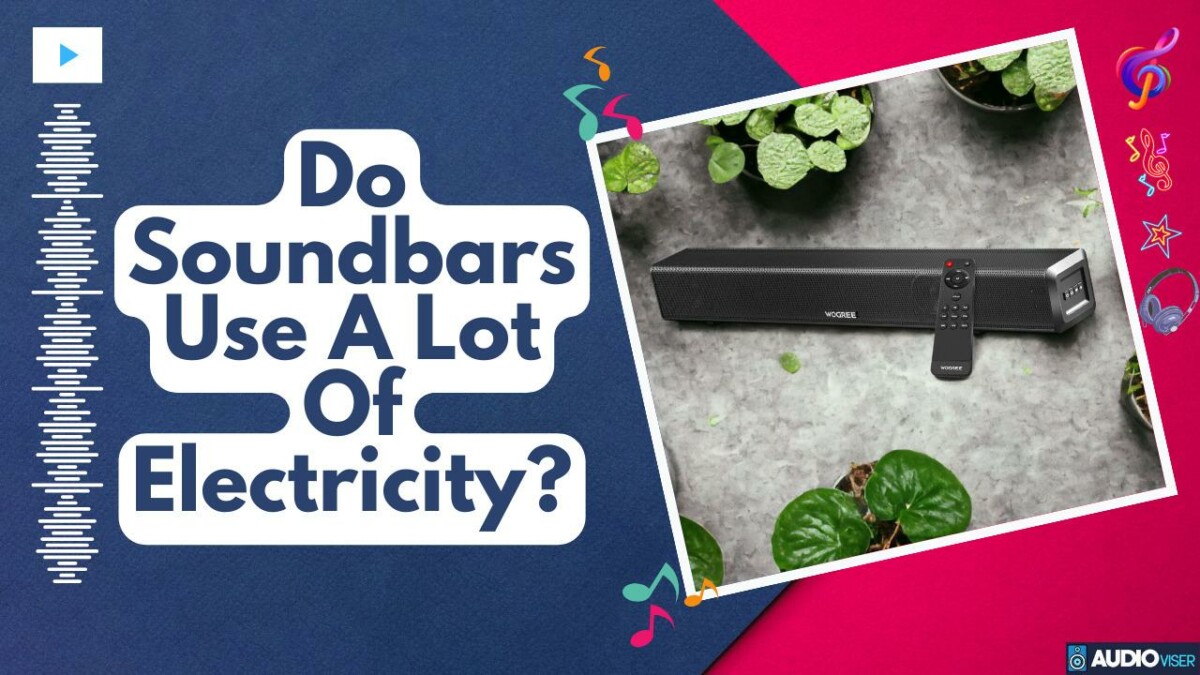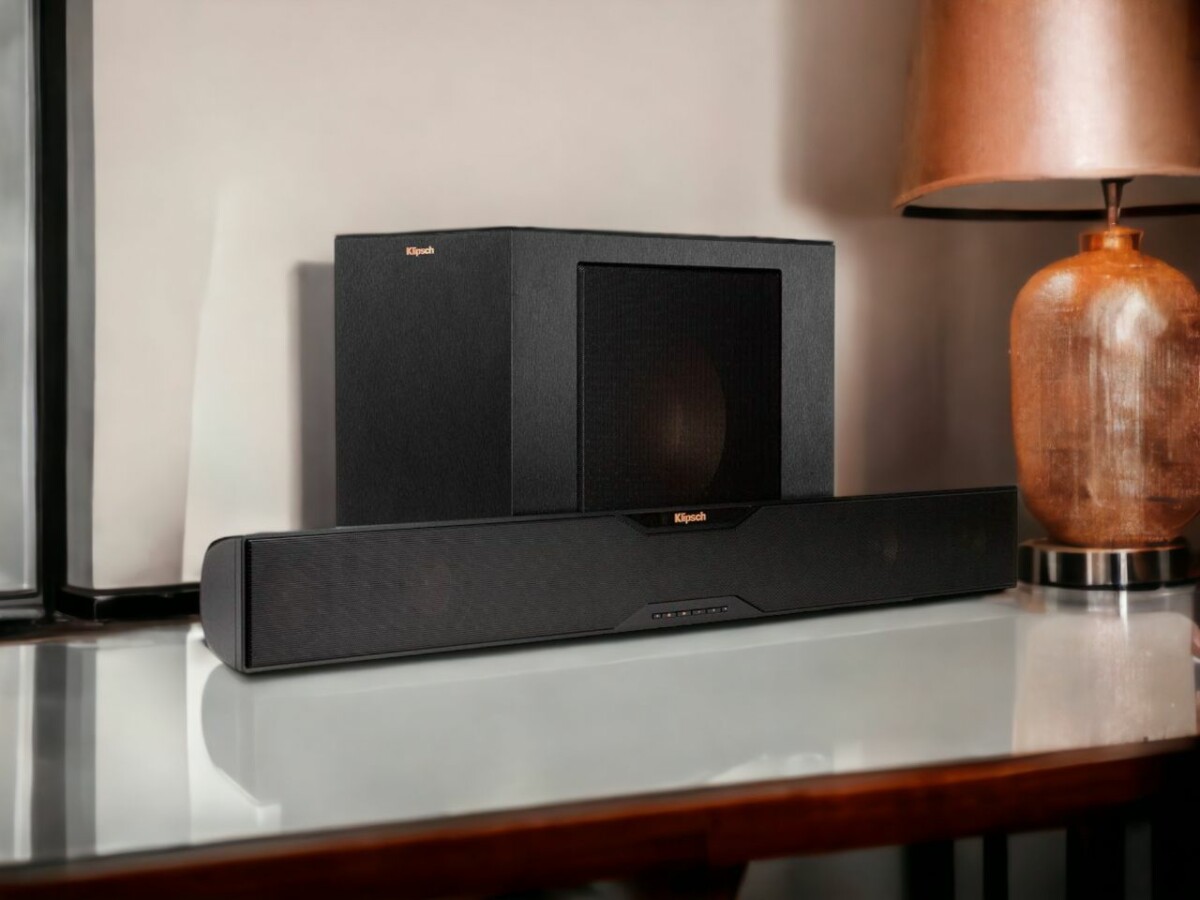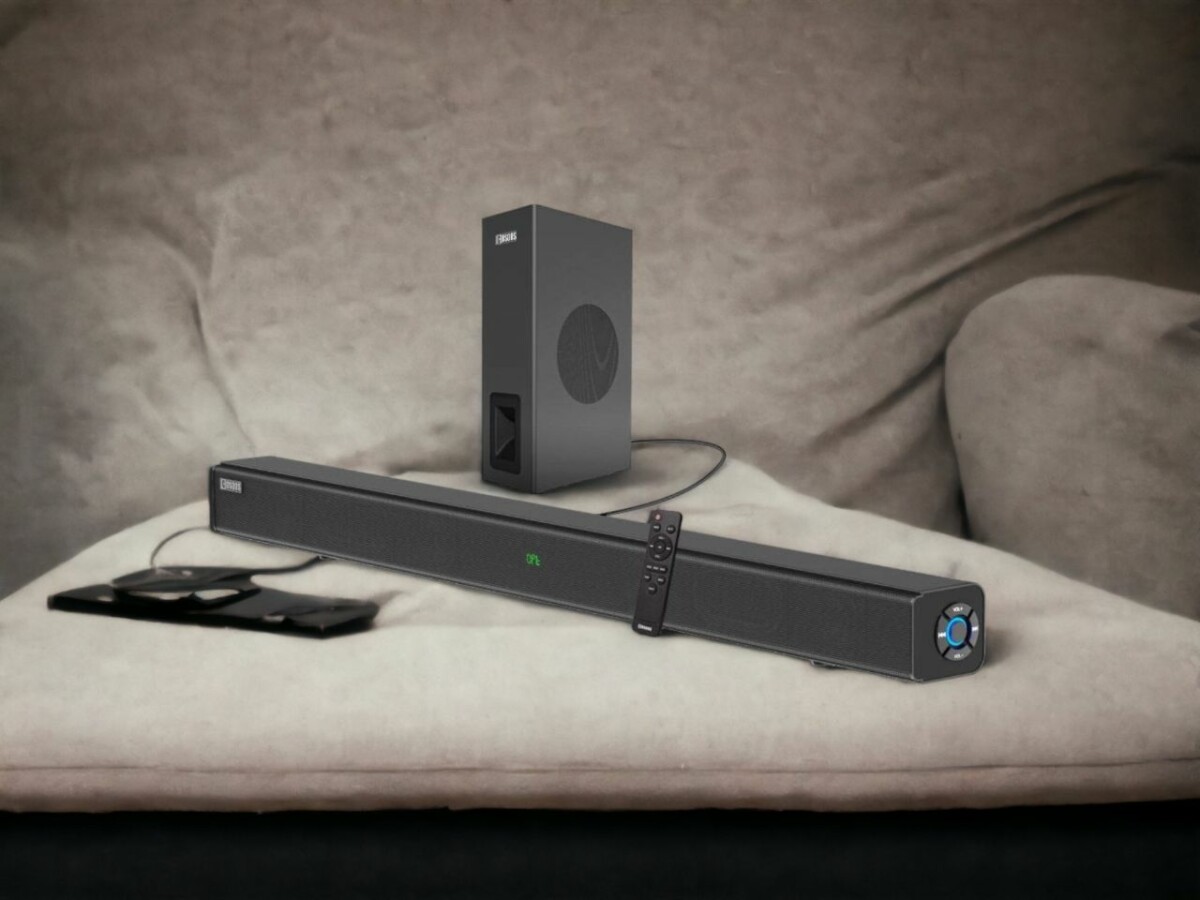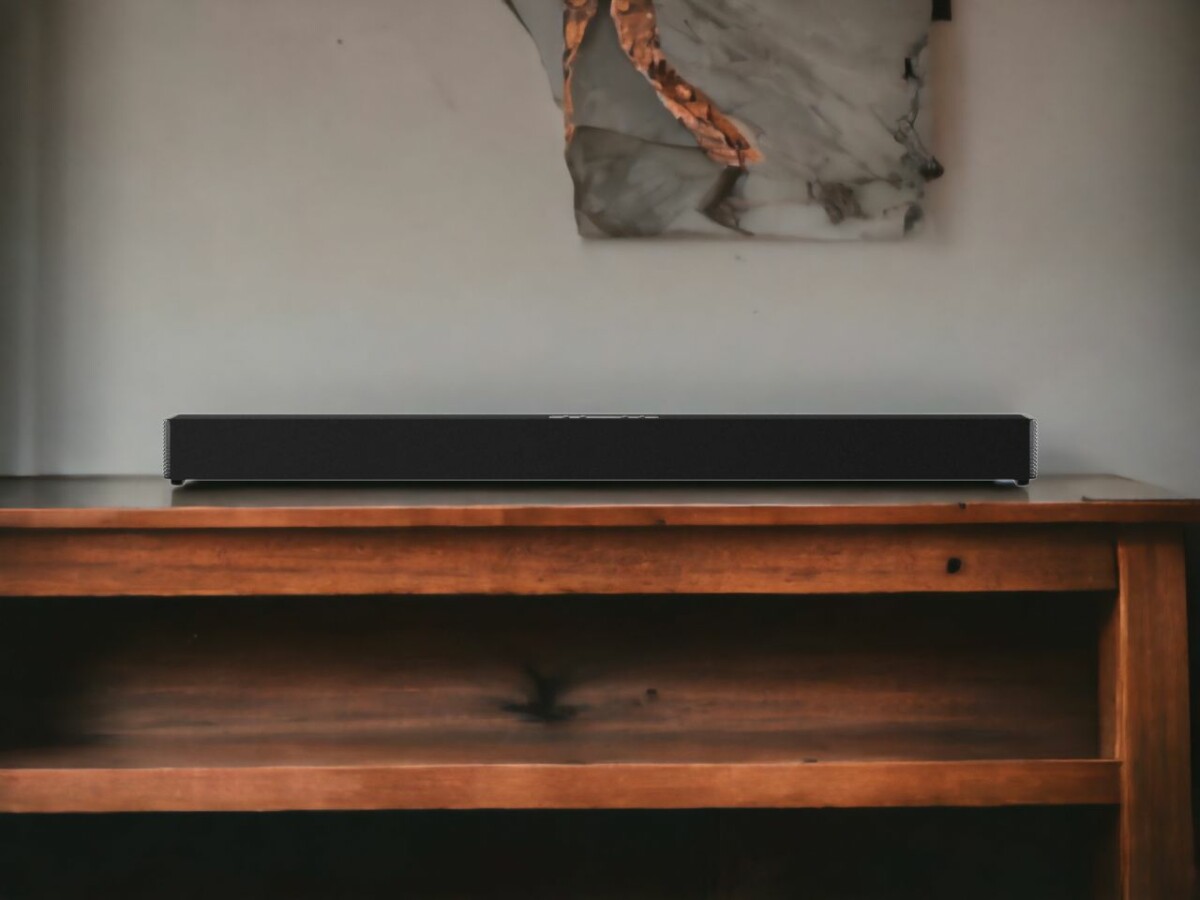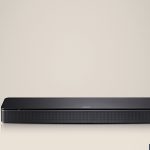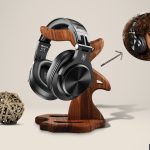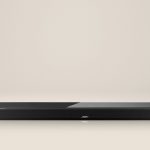Guess what? Soundbars, those sleek, power-packed devices you love for blasting your favorite tunes, aren’t the energy vampires you’d think they’d be.
Welcome to the sweet spot where killer audio and energy-efficiency hang out. As a self-respecting music lover, you’ll dig that the perfect soundbar won’t make your electricity bill skyrocket.
So, chill out, and let’s dive into the surprisingly low energy consumption of these bad boys. You’re gonna be stoked to find out how they can totally vibe with your eco-friendly mindset.
Are soundbars huge energy consumers?
Not really. Compared to other household appliances, soundbars don’t consume a significant amount of electricity. Still, the power uptake can vary based on the specific model and usage. Remember to switch them off or employ energy-saving modes when inactive.
If you’re curious about how much juice your soundbar is sucking up, don’t sweat it. The average soundbar doesn’t gobble up too much power, clocking in at about 20-50 watts, which is a lot less than most of your other gadgets. This lean energy diet can lead to some pretty sweet savings on your electricity bill.
Actually, when you stack it up against other audio gear, you might be pretty stoked to find out just how energy efficient your soundbar is.
But hey, why stop there? There are plenty of ways to trim that power use down even more. A few simple tricks to keep your soundbar from being a power hog include shutting it off when you’re not rocking out or making use of the auto-sleep function if it’s got one. Tinkering with the power settings can also help slash the amount of electricity it’s using.
How Much Electricity Does a Soundbar Use
So, you’re curious about how much juice your soundbar sucks up when you’re jamming out to your favorite playlist? The answer isn’t straightforward, because a bunch of factors come into play. Let me break it down for you real quick:
- Comparing power usage: Typically, soundbars are pretty chill and only pull between 20-50 watts. That’s a lot less than your TV or stereo, by the way.
- Size matters: Bigger soundbars can be a bit more demanding, guzzling up to 200 watts.
- Frequency of use: The more you’re using your soundbar, the more power it’ll gulp down. Simple math, really.
- Cranking it up: If you like your music loud, be prepared for it to gobble up more energy.
Comparing Soundbar Energy Usage With Other Devices
Throughout the day, it’s a good idea to keep tabs on how much juice your soundbar is guzzling compared to other devices around your crib. When you pit soundbars against home theater systems, the power game can be pretty uneven.
Your typical home theater system, with its gang of speakers and amps, can suck up way more energy than a humble soundbar. It’s also cool to consider how different features of a soundbar can affect its thirst for power. Those high-tech soundbars with fancy additions like smart connectivity and subwoofers might be a bit more power-hungry, but they’re still usually more energy-friendly than their larger audio counterparts.
Factors Affecting the Energy Efficiency of Soundbars
Alright, let’s dive into what factors can make a difference to your soundbar’s energy efficiency. Knowing these can help you get the most out of your device and keep your electricity bill in check.
First off, we’ve got Power Output. More power output means more electricity used, so it’s all about finding that sweet spot that suits your needs without going overboard.
Next up is Energy Saving Features. A lot of soundbars have built-in features to help you save energy, like auto turn-off or sleep mode when you’re not using it. Make the most of these – they’re there for a reason, and they can really help to cut down on your electricity bills.
Another key factor is your Usage Habits. It’s easy to forget to turn off your soundbar when you’re done using it, but remember that it will keep eating up power if you leave it on. So, make it a point to turn it off – your wallet will thank you!
Lastly, don’t forget about the Efficiency of the Model. Some soundbars are designed to be more energy-efficient than others. Do your homework before buying, and it could save you some serious cash in the long run.
Choosing an Energy-Efficient Soundbar: Things to Consider
On your journey to find that soundbar with the perfect vibe, don’t forget to keep energy efficiency on your checklist. It’s not all about cranking up the volume, but also about how the model manages power. You’d want to compare how much juice they use, especially when they’re just chilling in standby mode. Some soundbars are pretty slick and don’t use much power when not in use.
Also, look out for soundbars that come with an auto-off feature. These bad boys will turn themselves off after they’ve been idle for a while, helping to save some energy. Size matters too, by the way. Smaller soundbars often don’t need as much power to perform.
And hey, don’t forget to check out the energy rating. Most electronic gear comes with an energy guide label, which will give you the lowdown on how energy-efficient it is. Weighing in all these factors will help you score a soundbar that not only delivers epic sound but also won’t make your electricity bill skyrocket.
Mix & Mastering
I love to get my hands on all sorts of audio equipment, from headphones and speakers to audio interfaces. I love putting these products through their paces and seeing what they can do.

